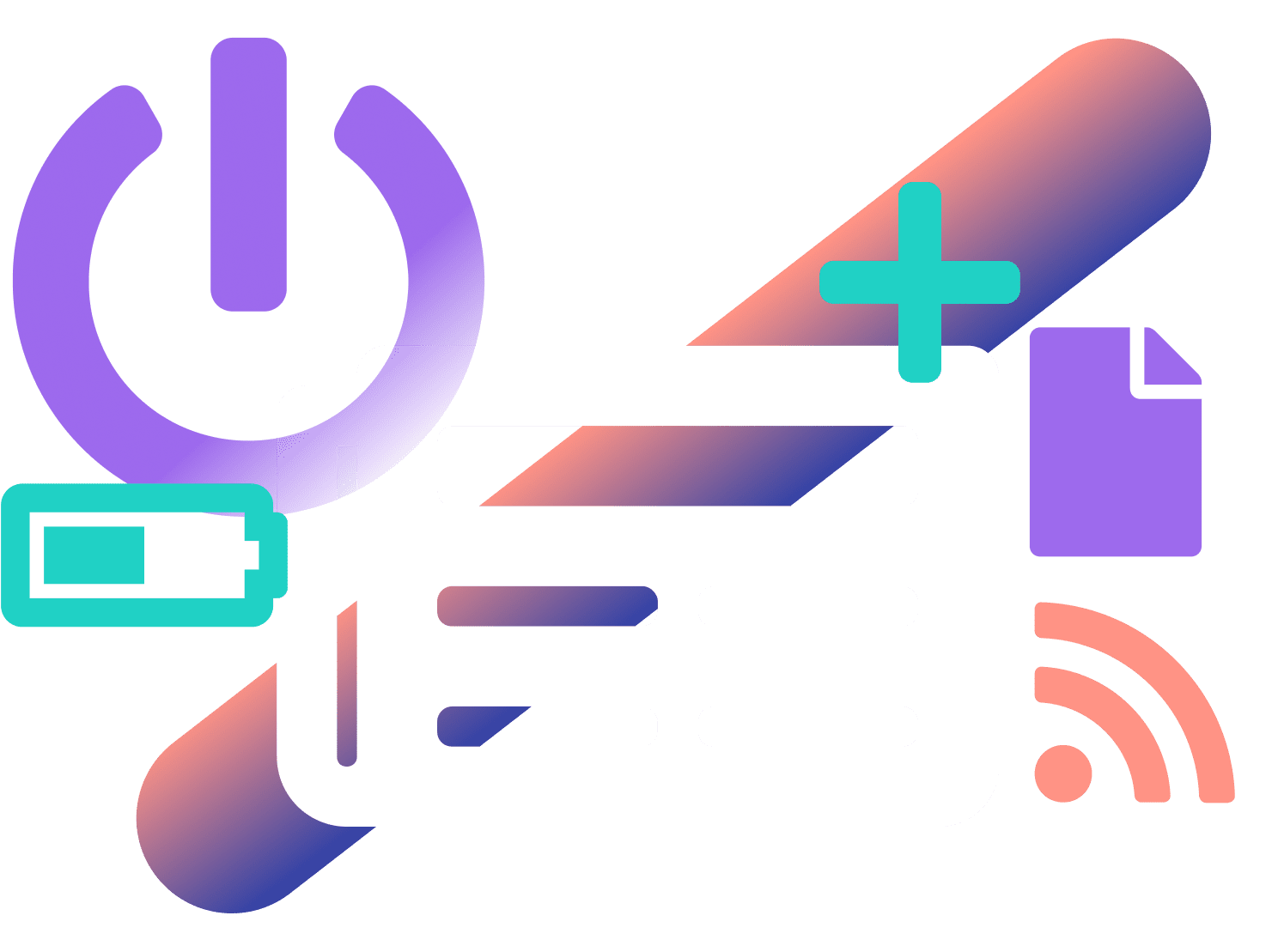While healthcare’s digital transformation was a priority prior to Covid-19, the pandemic accelerated the adoption of digital health tools. Despite how far the industry has come, much work lies ahead to fully realize the benefits of modern technology.
As a healthcare business, you probably know that keeping up with digital transformation in healthcare can feel overwhelming and complex. Deciding which emerging technologies are worth investing in and getting your team on board with change is often the hardest part.
Adapting to the digital era requires a shift towards a flexible and risk-taking mindset. It means letting go of outdated processes and trusting that disruption will yield better results and better business outcomes.
According to Gartner, “Healthcare providers are experiencing unprecedented levels of disruption. 63% of healthcare providers have faced severe disruptions due to reasons including internal organizational changes, cost pressure, regulation and compliance, funding or shifting consumer demands. With all the changes in the healthcare industry, only fit organizations thrive — and fragile organizations get left behind.”
So, how fit is your healthcare organization when it comes to embracing disruption? Are you fragile or do you thrive? Are you providing the digital experiences required to meet the evolving needs of physicians and other healthcare workers? To answer those questions, let’s examine a few background stats and trends.
Recent stats show that there are approximately 22 million workers in the healthcare industry, one of the largest, fastest growing sectors in the United States that accounts for 14% of all U.S. workers (according to the Census Bureau’s 2019 ACS). Within that group, there are 9.8 million workers employed as healthcare technicians and practitioners, including physicians, surgeons and registered nurses—and of that group, approximately 7 million worked in general medical, surgical or specialty hospitals.
A large benefit of digital transformation in healthcare is streamlining physicians’ work by optimizing systems to improve patient outcomes and lowering costs through exceptional web and mobile experiences. Unfortunately, the healthcare industry has lagged behind when it comes to implementing digital strategies and mobile services.
People have simply become far more familiar with mobile technologies in the past decade. Recent statistics show that more than 49.71% of total web visits within the U.S. occurs on mobile devices. Combine that with the expected number of smartphone users worldwide in 2022 (6.39 billion) along with the number of smartphone users just in the U.S. (298 million) and you can see that mobile solutions are the tools of choice. In fact, according to Kantar Media, 84% of physicians now use smartphones on the job.
The most prevalent use of mobile health (mHealth) among doctors is for communications—in fact, 70% use it for communications among colleagues, nurses and other supporting staff members to “coordinate and collaborate patient care.” This number is not surprising given that many health systems still rely on antiquated communication systems such as paging systems, landline phones and faxes.
Beyond mobile services, the cloud has become an important part of the digital equation. When it comes to healthcare’s digital transformation efforts, Forbes states: “While cloud adoption previously seemed elusive and intangible, it has not only become a serious consideration for health care organizations, but I believe it will also influence downstream innovations requiring mass amounts of data.” As healthcare industries are being asked to do more with less, the demand continues to grow. Forbes continues, “We’re seeing cloud adoption that would have been unimaginable just 18 months ago.”
So, how fit is your healthcare organization? The best healthcare companies are responding to disruption with digital and innovation initiatives that enable new business models and address the challenges of increasing demand and escalating costs. They are improving the lives of physicians with tools that support HIPAA-compliant collaboration services for better patient outcomes and reducing physician burnout.
Learn more about iQ’s integrated cloud-based SaaS platform for physicians and healthcare workers with HIPAA-compliant solutions such as Case Manager and Doc Chat. Download the data sheets or contact us at info@iq-technologies.com





